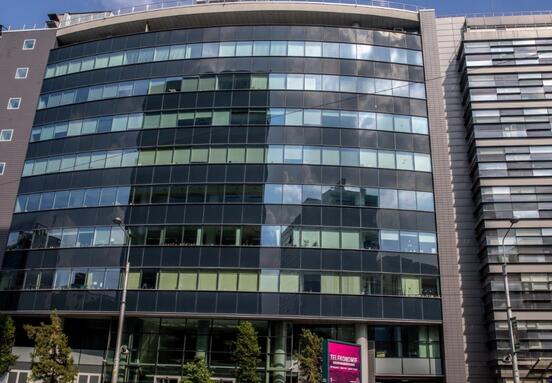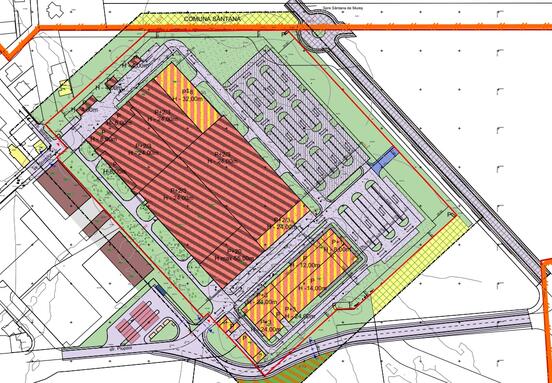The research was attended by 500 people working in offices in Bucharest. The study focused on the satisfaction level and on criteria relevant to people of distinct age groups who work in different areas of the city and in extremely diverse areas of activity. Contrary to popular perceptions in the business world that post-millenials consider themselves to be a generation with difficulty in integrating into work, one of the key findings of the study is that the most satisfied employees belong to the very young generation (18-24 years).
Thus, 82% of respondents belonging to the Z generation (18-24 years), also called the generation
post-millennials, were satisfied and very pleased with the location and the conditions offered in the office buildings they are working in - 55% said they were relatively satisfied and 27% were very satisfied. The generation of seniors (50-64 years old) is satisfied in a proportion of 73%, of which 35% are quite satisfied and 38% are extremely satisfied. The category of people aged 35 to 49 (generation X) ranked third, with 63% of people who are satisfied with the conditions at work. Of these, 39% are relatively satisfied and 24% very satisfied.
Generation Y (25-34 years), which will account for 50% of global labor force by 2020, has the lowest percentage of people relatively satisfied or very satisfied with the current conditions in the office space where they work: 58 % of which 35% of respondents are relatively satisfied, and only 23% are very satisfied. Youths of Y generation also lead the proportion of relatively dissatisfied people, with 18% being followed by seniors by 14%. In terms of total dissatisfaction, 8% of the X-generation respondents said they were extremely dissatisfied, followed by the Y generation by 7%.
The research sought employees' perception of both easy access to the car or public transport and other factors such as shops, restaurants, pharmacies or ATMs in and around the building, as well as available parking spaces, access to a gym or the possibility of cycling at work. Other criteria for the selection of the job analyzed in the study were: the existence of showers, locker rooms and spaces for relaxation and meditation, the quality of furniture, etc.
Among the findings revealed by CBRE research is that over 50% of each age group spends between 30 and 60 minutes on their way to work. With regard to the type of workspace preferred, young generations opt for individual spaces: 43% of young people aged 18-24 and 51% of the category 25-34 years, while 56% of the X generation respondents declared their preference for departmental divisions, as with seniors, with 50% of options.
"Improving the work environment has a decisive impact on the quality of new office projects, but also on the satisfaction and productivity of employees. It is extremely important for us to contribute to the evolution of the office space market, which will lead to professional progress and business development, all of which mean economic growth. Throughout this process, attracting and retaining people has a major role, and a research on the scale of the one conducted by CBRE has a special value in this respect", said Mihai Păduroiu, Head of Advisory & Transaction Services of CBRE Romania.
At the level of distribution in different areas of the capital, the young and very young generation (18-34) works mostly in the western and northern areas, the generation X (35-49 years) in the western and central areas, and almost half of the seniors who participated in the study work in the central part of Bucharest.
Among the complaints mentioned by the majority of respondents are: poor heating, ventilation and air conditioning (40%), insufficient natural light (37%), too crowded space and too little parking space (both 36%) .
The balance between personal life and time spent is valued differently, depending on the age category: 68% of the generation thinks that time for personal life is a very important criterion in choosing a job, followed by the Y generation by 47%, the X generation by 51% and the seniors by 35%. (source: CBRE)







